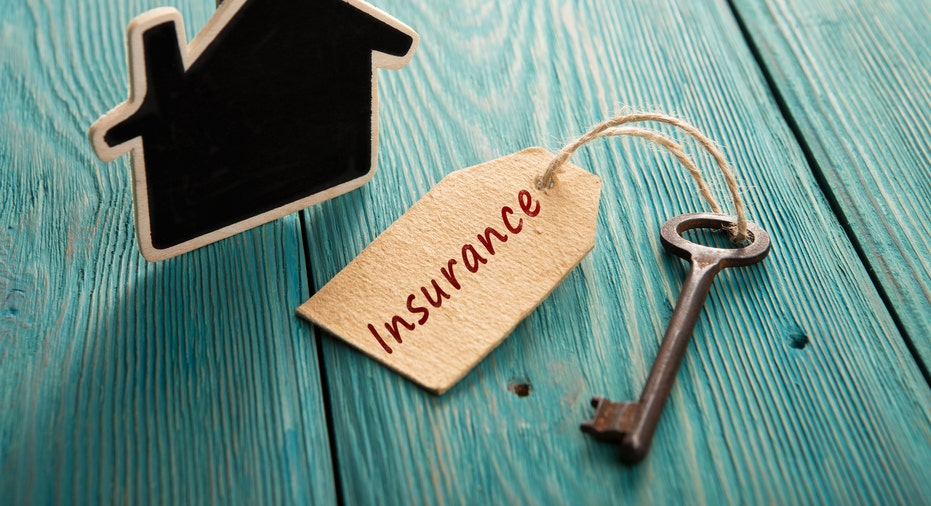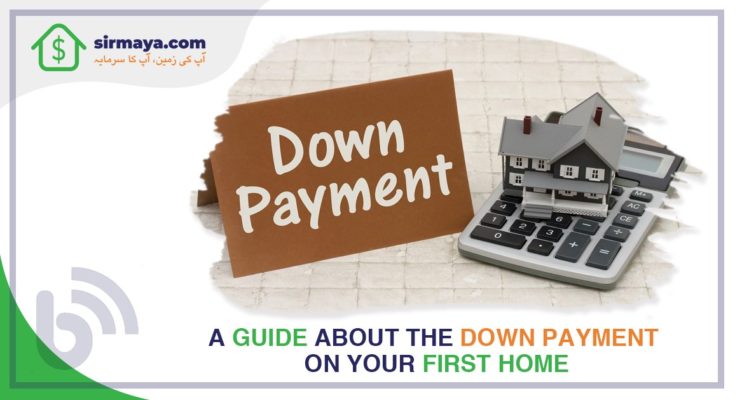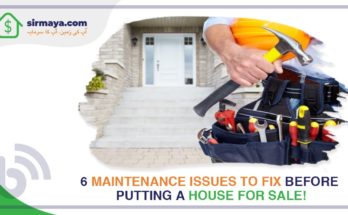When you’re ready to start thinking about buying a home, it’s time to prepare a down payment on your first home. Understandably, purchasing a new home is a big financial decision for most people. This is why your down payment plays such an important role in the out-of-pocket costs of your first home. Usually, when someone purchases their first home they have to come up with a down payment. It should be between five and 20 percent of the asking price of the home. In general, this money is given for a house for sale.
What you need to know about down payment on your first home.
Down Payment Is The Biggest Hurdle:
Buying a home is frequently the largest investment people make in their lives. But for many, the biggest hurdle to buying a home is the down payment, which can be several hundred thousand or even in lacs in some cases.
Homebuyers are sometimes surprised by how much money you’ll need to come up with for a down payment on your first home. This is particularly true for first-time buyers, some of whom may have been told by well-meaning parents and grandparents that they’ll need 20% down to buy a home, but who may not realize that this advice was based on conditions decades ago.
The truth is that you can put down as little as 3%, although you’ll probably want to put down at least 5% if you want to avoid paying private mortgage insurance to help your lender if you get the default.
It’s also important to remember that a down payment is only part of what you’ll need to save to afford your first home. You’ll also need closing costs — typically 2% to 3% of the purchase price paid upfront — and money for moving costs and repairs or renovations.
You May Have To Pay Mortgage Insurance:

Buying a home for the first time is exciting, but it can also seem challenging if you’re not sure what to expect. It doesn’t have to be like that. Your bank will work with you every step of the way to help you navigate the process and finance your first home. Getting pre-approval is the first step. A pre-approval is a crucial first stage in the home buying process. It helps you with your bargaining skills. You will need it when working with real estate agents and sellers.
The minimum down payment on your first home required for a conventional loan is 5%. Some special bank loan plans allow a 3.5% or even 0% down payment. However, a 20% down payment is ideal when buying a home. A conventional loan requires a 5% down payment as a basic. Some special lending programs involve only a 3.5 percent down payment or even none at all. However, a 20% closing cost is deemed desirable when acquiring a property.
A down payment shows lenders that you are invested in the property and have skin in the game in case of default. It makes it less risky for them to lend money to you.
Down Payment Assistance Programs
There are many programs to help low- to moderate-income borrowers with their down payment or closing costs. These programs can have income limits (typically 80 percent of area median income), and some are targeted at specific groups.
Your Down Payment Can Come From A Range Of Sources:
Savings:
This is the traditional way people accumulate a down payment, by setting aside money over time. If you’re saving for a house for sale, open a high-yield savings account that puts your money to work and helps it grow faster.
Gifts:
Family members might be willing to help you out when it comes time to buy a home. Anyone with whom you’re related (parents, siblings, grandparents) can give you an unlimited amount of money without any tax consequences.
Sale of an asset:
Selling off stocks or bonds in your portfolio is another great way to raise cash, but it is best not to do this unless you’re certain that your investment is going to lose value if you keep it anyway. It’s also important to note that some homes are sold as “all cash” transactions and don’t require mortgage financing at
Conclusion:
To sum it up, the biggest roadblock to homeownership for young people is the down payment on your first home. It’s not easy to save money, and it’s even more difficult when you don’t earn enough. That said, there are ways around it: you can always take advantage of your parents or other family members and apply with them, or use your credit score to get a loan outside of your savings.
The key point is that homeownership isn’t just a pipe dream—and if you believe in the benefits of homeownership, there are ways to realize them. The biggest roadblock to buying a house for sale is the down payment, but there are ways around it. If you’re thinking of buying a property, take a look at the information here and do your due diligence on what you can expect as well as plan for your down payment. It will seriously smooth over the process once you’re ready to go to market.




